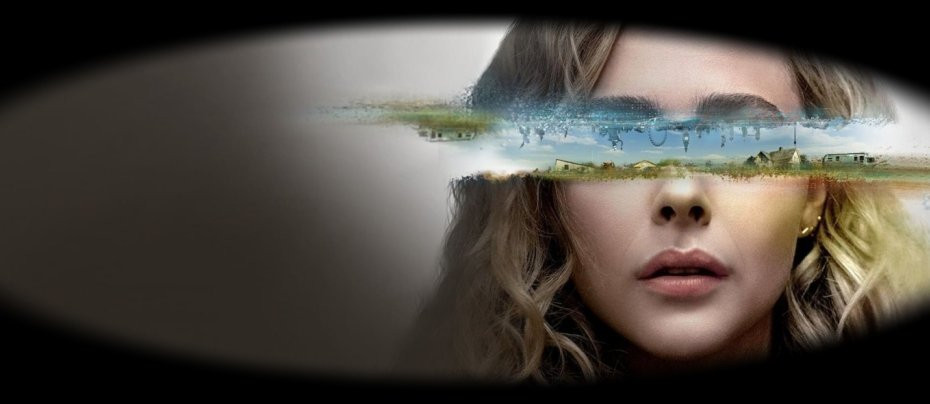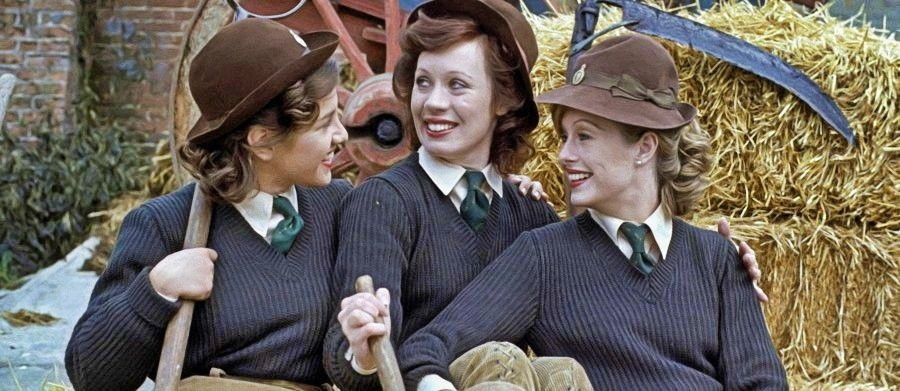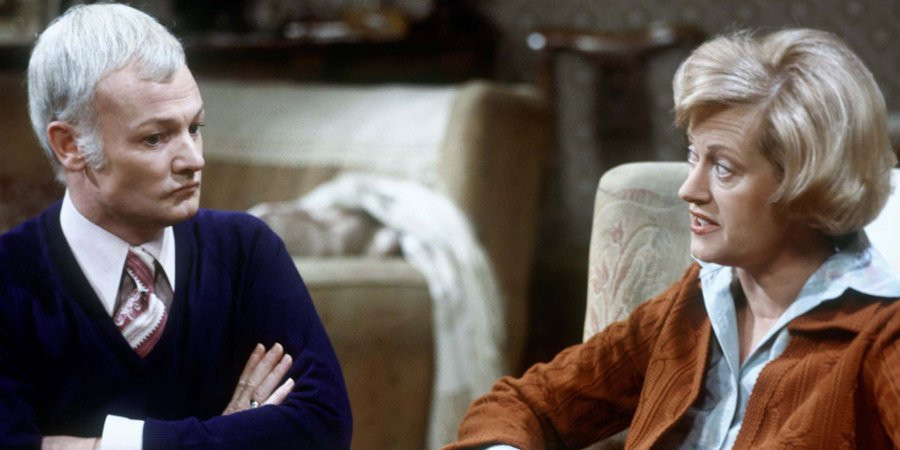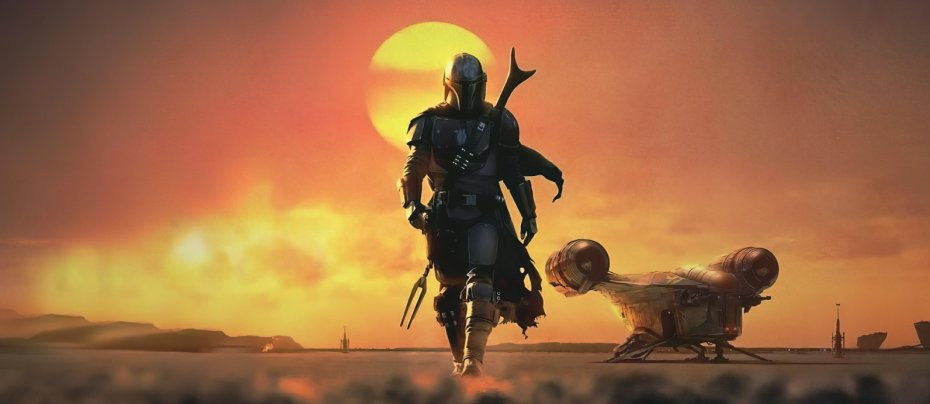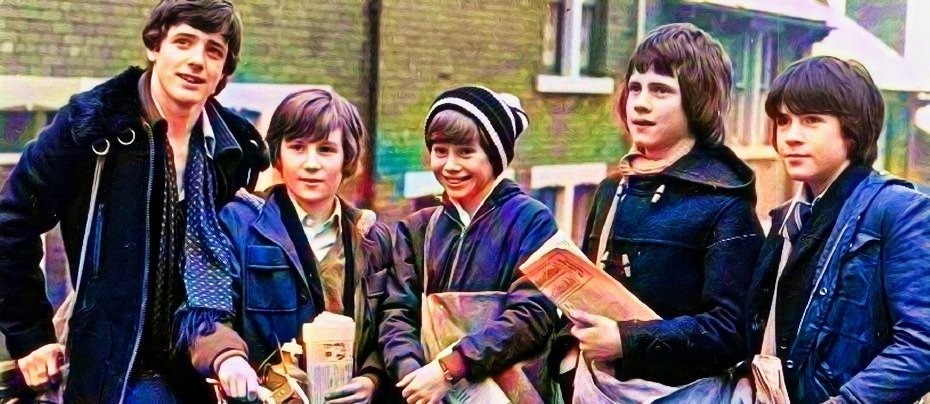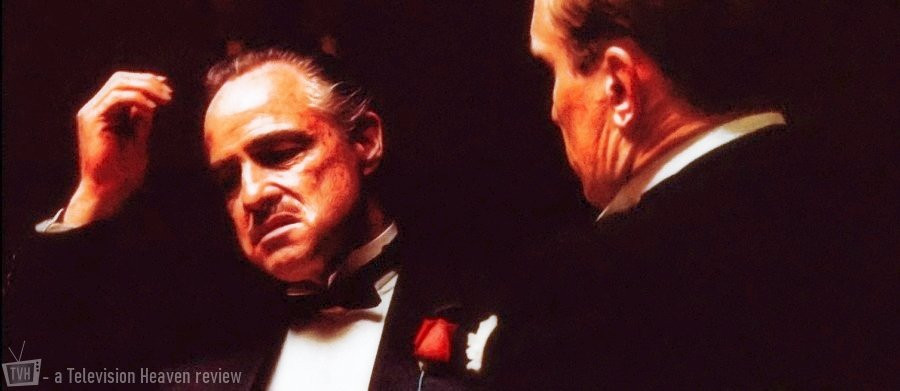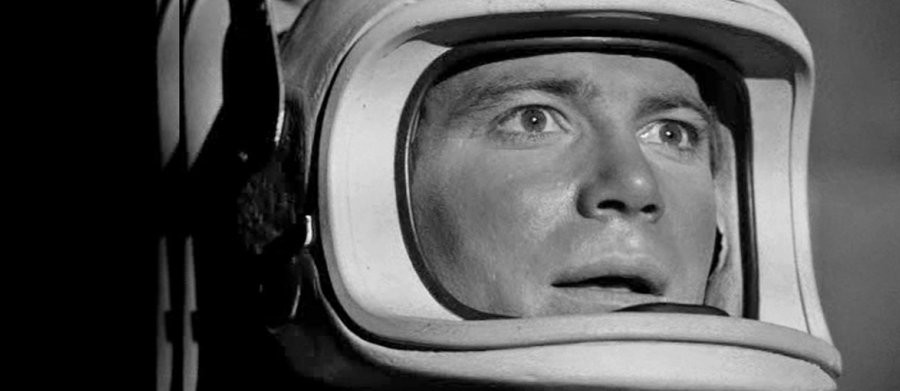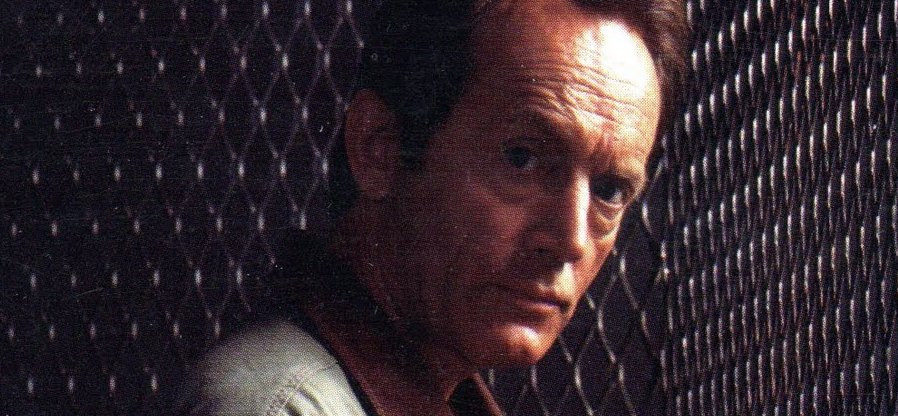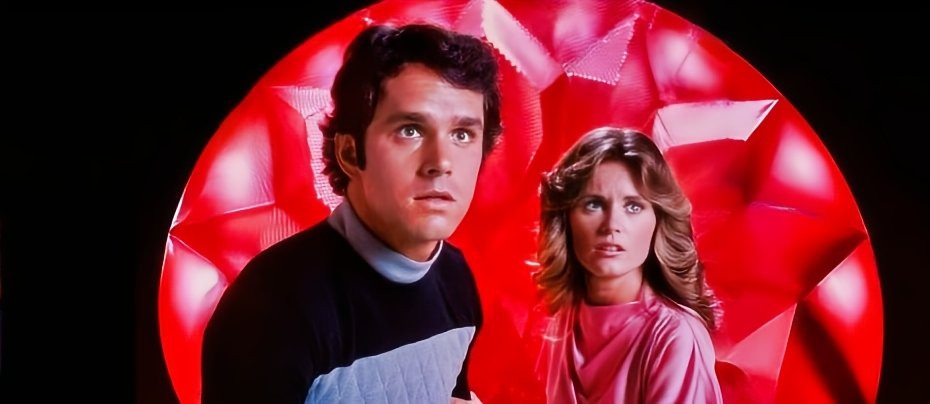
Logan's Run
1977 - United StatesAmerican networks offered dramas in abundance in the 1970s, and it was almost inevitable that if a movie or genre was succeeding on the big or small screen, programme makers would commission anything remotely related in an attempt to cash in. But the gambles weren’t always given much time to shine and if success wasn’t instant, the axe was quick to fall. One show that looked to cash in on a movie success that has become a classic was the short-lived but intriguing 1977 effort, Logan’s Run.
Review: Brian Slade
The 1976 movie of Logan’s Run has become somewhat of a cult classic. Starring Michael York (The Three Musketeers) and Jenny Agutter (Call the Midwife), the film was loosely based on a book by William F Nolan and George Clayton Johnson. It told the story of a seemingly Utopian society in the 23rd century, where a human population lives under domes and where when somebody reached the age of 30, they automatically move onto the glorious next stage of life, Carrousel. The truth of Carrousel is that rather than the official line of being ‘renewed’ as the authorities called it, those hitting 30 were actually killed. Those who doubted the publicised reality made attempts to escape their fate, becoming runners in search of a mythical Sanctuary and pursued by Sandmen, of which Logan 5 (York) was one. Logan himself becomes a runner after meeting Jessica 6 (Agutter).
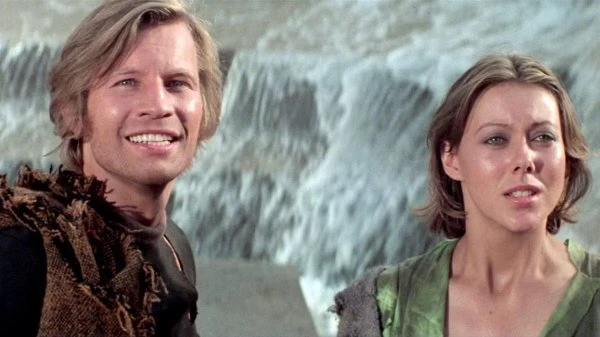
The movie tied up the storyline nicely, but such was its appeal and financial success that CBS decided to try and cash in on it. York and Agutter were replaced by Gregory Harrison and Heather Menzies, and the television show provided a brief recap on the core storyline in its pilot. However, where it diverges from the movie is upon Logan 5 and Jessica 6 escaping the Domed city.
Once emerging from the city, Logan and Jessica find themselves in the remains of Washington DC, the outside world seemingly largely reduced to a barren post-apocalyptic wasteland. Aside from the nuclear war that has left earth in such a state, the inhabitants of the outside world are somewhat different to those from previous centuries.
In pursuit of Logan and Jessica is another sandman, Francis 7 (Randolph Powell - billed as Randy Powell here and up until 1979). Francis has to this point always accepted official explanations, so is somewhat taken aback to discover elders who run the Domed city, a new plot twist to the movie version. He now knows that renewal is not real, but nonetheless agrees to the elders’ request for him to pursue Logan and Jessica and return them for Carousel.
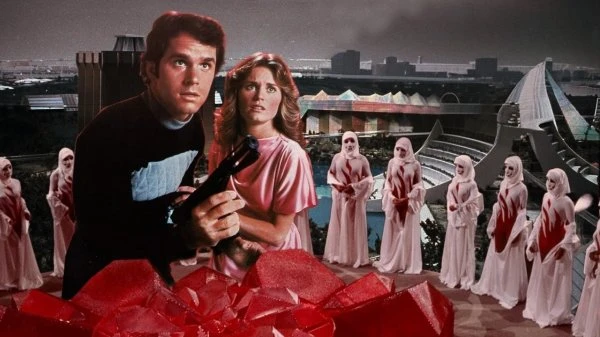
Logan and Jessica, who have been attacked by horsemen, find safety in a bomb shelter carved into the mountainside. Those already there, ranging from elderly to children, had been driven into hiding by the horsemen. The cave-dwellers enlighten the pair on the war, and when Logan and Jessica emerge, they head off in the solar-powered hovercraft they had found amongst the ruins of the city. The craft itself is being controlled remotely and takes them to a city based on advanced technology, its inhabitants blissfully unaware of the struggles of outsiders or indeed their history. The city is not unlike that from which they had first escaped, except here the elders are actually robots, keeping humanity from escaping in the belief that this is for the humans’ benefit. The humans whose remains they inhabit have actually been dead for several centuries.
What follows in the subsequent episodes are our leading pair’s adventures in both discovery of new people and technologies along with the continued battle to avoid capture from the pursuing Francis and the inevitable return to the Domed city. They are ably assisted by Rem, one of the robots from the Mountain City who chooses to escape with them rather than continue repairing the city’s androids.
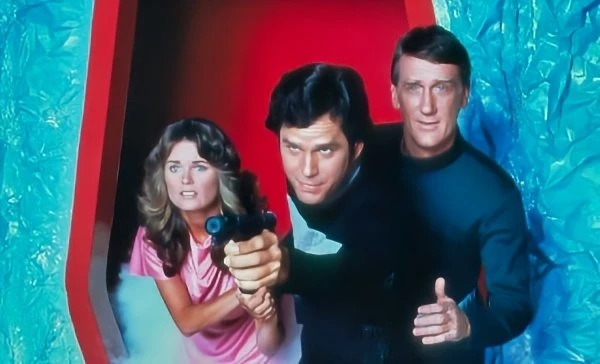
The leading players in Logan’s Run are amiable enough. The addition of Donald Moffat as Rem is a definite benefit. Fans of Star Trek: The Next Generation will doubtless see similarities between Rem and Data. Rem was the result of several hundred years of human tinkering, and while his duty remains to serve humans, he’s not comfortable with being a robot and is keen to savour life beyond his city’s restrictions.
It's hard to pinpoint why Logan’s Run was essentially a failure, cancelled as it was midway through its first and only season. The casting of Harrison and Menzies may not have brought huge names to the series (although Menzies was known for being one of the Von Trapp children in The Sound of Music), but nobody was ever likely to match York and Agutter. The new pairing though were likeable and Moffat was a real joy as Rem.
Scenery and indeed some scenes were poached from the movie, with some editing to pacify sensors for a more family-friendly output, so budget-wise it should have been a success. And there were plenty of good names behind the scenes. William F Nolan, one of the co-writers of the original novel on which the film was based was on board, and producer Leonard Katzman would soon establish himself a runaway success as a producer, Dallas exploding onto screens later in 1978.
Some suggest that the success of Star Wars damaged the chances of success. Emerging at the same time, Star Wars had special effects that made Logan’s Run look considerably poorer in comparison. In the meantime, the storylines sometimes veered more into Star Trek territory, finding new civilisations and moral dilemmas, which deviated away from the original runner premise that underpinned the programme.
Logan’s Run was axed after 14 episodes, and CBS didn’t even continue to transmit those already completed. The last three episodes were held back from transmission in some areas. It had all the powers of publicity behind it, with the UK having comic-strips and cover pictures announcing its arrival in magazines of the time. Marvel even secured the rights for serialisation, only to discover that they only had the rights to cover the movie, so they managed only seven editions.
Logan’s Run in its various forms deserves a second look. The movie is a classic, and though the occasional film like The Island skirted around the concept, nobody has gone for a full-on reboot or remake. The television show may not have had the success of so many competitors of its time but is a rather harshly judged show that with a little more budget, imagination and slightly better timing may well have flourished.
Seen this show? How do you rate it?
Seen this show? How do you rate it?
Published on November 4th, 2024. Written by Brian Slade for Television Heaven.


